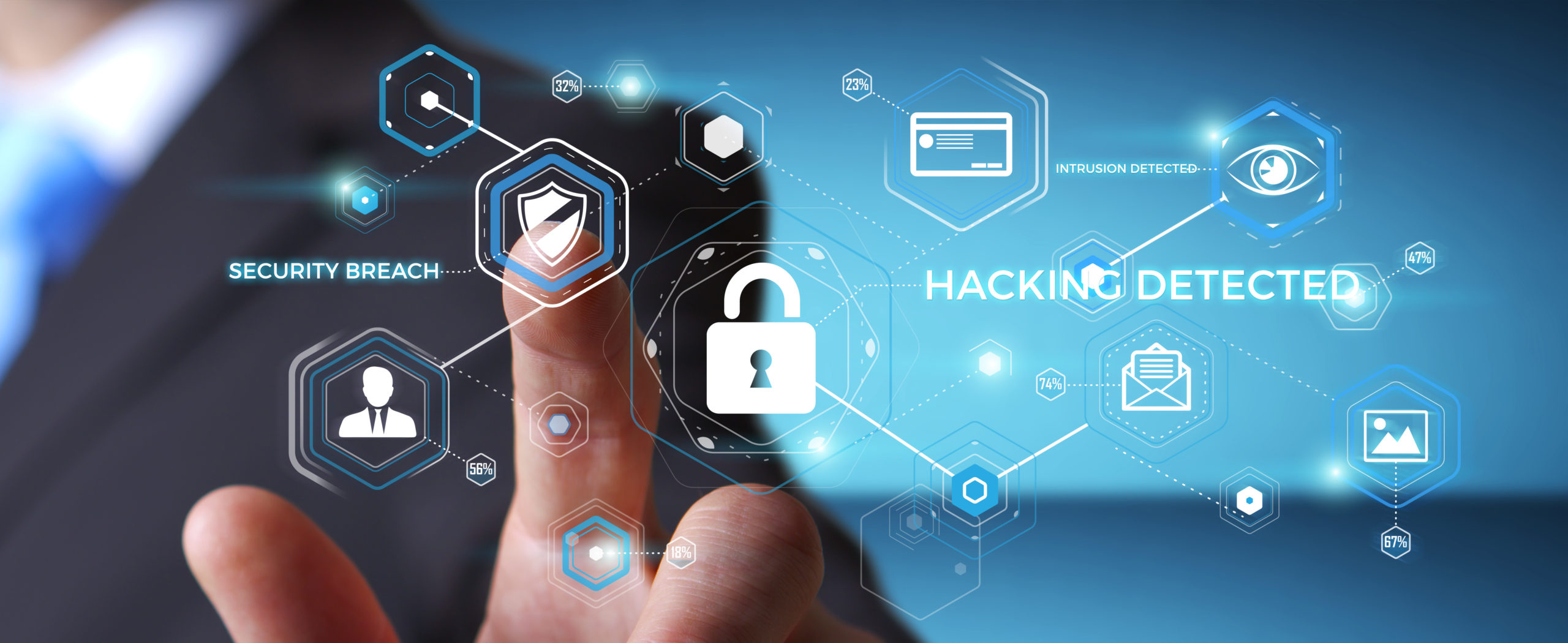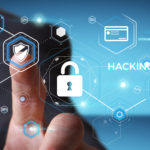Due to the current pandemic, more and more companies have been forced to let their employees work from home. And even though some lockdowns and restrictions are easing, many people are still using their home office.
There are a number of tips that you can use to ensure you are safe and secure online. Whether you are a Mac or PC user, these tips will help keep you, your work and your private data secure while you are at home.
Update your Antivirus
Ensuring your anti-virus is always up-to-date is a must. Anti-virus companies spend a lot of time and effort ensuring their software protects you against all known viruses on the web, but none of this will help you if you don’t update the software.
Setting automatic updates should be the minimum, as this ensures you don’t even have to remember to do it. The software will do it for you, and you will never be vulnerable to attacks.
Update Software Regularly
Updating your software regularly is another level of security considering these updates often contain bug fixes and security improvements as weaknesses are discovered. These updates are also never huge and won’t take too much time to finish.
We are all guilty of clicking the ‘ignore’ button when a software or system update pops up on our screen, you should get into the habit of doing the update there and then, as more often than not, the update will improve your computer’s safety and your experience with the software.
Never Leave Work Devices Unattended
Nowadays, it is very easy to gain control of someone’s device and steal the information off of it. This isn’t a movie where someone has to sit at a computer, type some random code and then all of sudden they have access to your devices. Unfortunately, there are simple scanners that can do this for them.
Make sure you always know where your devices are and who has access to them, you can’t always trust those around you. Therefore, being vigilant is the best option. Remember to keep your devices locked away or on your person – or at the very least, within your eyesight so you can see it.
Ensure Your WiFi is Secure

You can add passwords and locks to your WiFi system, and you 100% should. Why? Because people can gain access to devices connected to the network just by sitting in their car outside your house for 5 minutes.
Multi-factor authentication and requiring passwords that aren’t easy to guess is essential. People who want to hack your network or devices won’t give up the first wall they hit, so make sure it is as difficult as possible for them.
Ignore Suspicious Emails
Even though they are still sent around, trick emails have advanced beyond “I am a Prince who needs your bank details so I can send you money”. These phishing emails can look very similar to emails you receive from a particular brand or business.
It is, however, fairly easy to spot fake emails, as most times they just don’t look right. Asking for any of your personal information over email is clearly a red flag, and also don’t open any attachments in an email if you aren’t 100% sure what they are, this is another easy way to get a virus onto your computer.
Keep Sensitive Information Safe
The last thing you want to do is keep private information in your email or something similar. This is one of the first places a hacker will look, and if that’s the case, they will just find everything they need served to them on a silver platter.
If you need to keep important documents or the like on your computer, rather put them on a flash drive that you keep somewhere secret. You should always have a backup of all your info, but keeping highly sensitive documents on your PC is asking for trouble in the event of a hack or your computer getting infected with malware.
Change Passwords Regularly
This may sound a bit annoying and tedious, but changing your passwords regularly is a simple yet effective way of keeping your devices and information safe. Especially your wifi network and device passwords, changing them every now and then is a must.
There are also many password managers that allow you to store these new passwords and you don’t have to remember them, as well as giving you access to your passwords and changing them in the case of your device being stolen for instance.
Learn
The last thing you can do is to educate yourself on the newest cybersecurity threats and what to look out for. While sometimes you just can’t see or predict it happening, there are trends and methods that make themselves known, and knowing what they are is essential.
Especially when it comes to things like email, where you might get an email that doesn’t look suspicious, but it’s from a company or brand that has been hacked. While this isn’t common, it is still important to know what to look at, but you should still be suspicious and cautious of everything that looks weird or just doesn’t sound right.
While there is always a chance of falling victim to a virus or hack, there are a number of steps you can take to give yourself the best chance of staying protected and safe. These are some of the best tips, and ones you should implement into your home office safety routine.
















